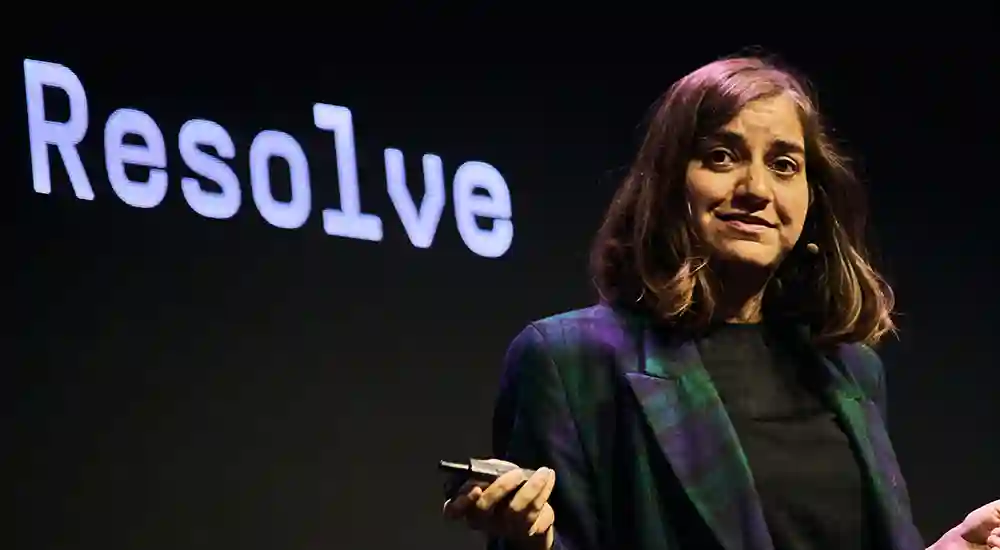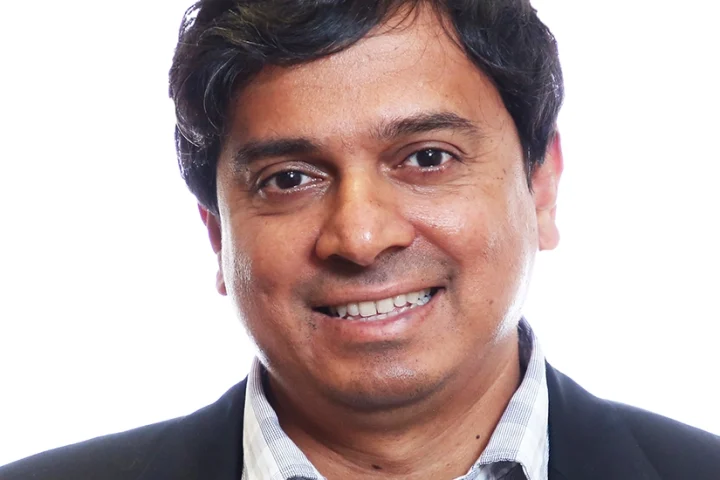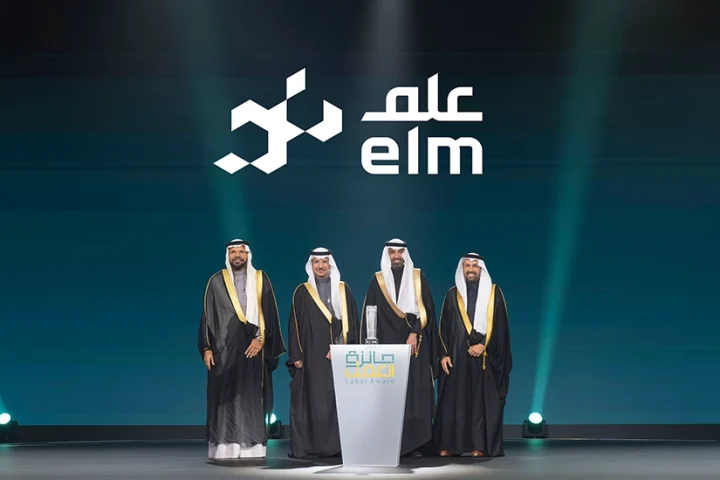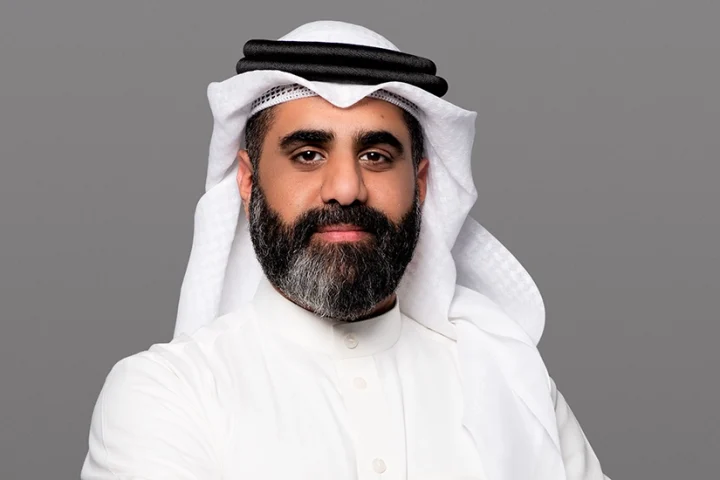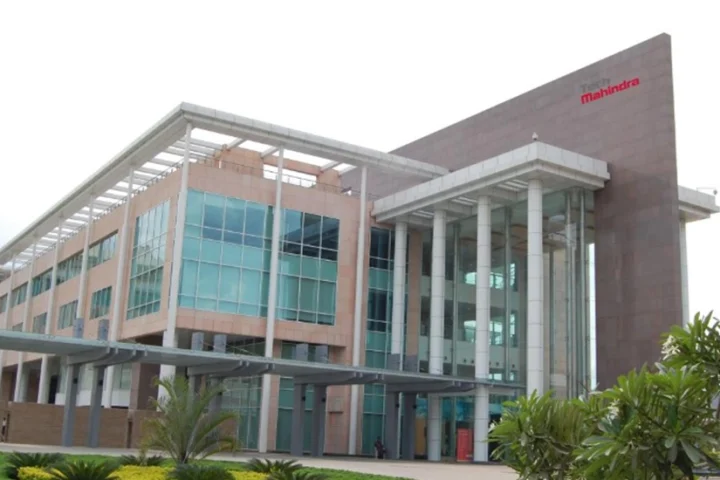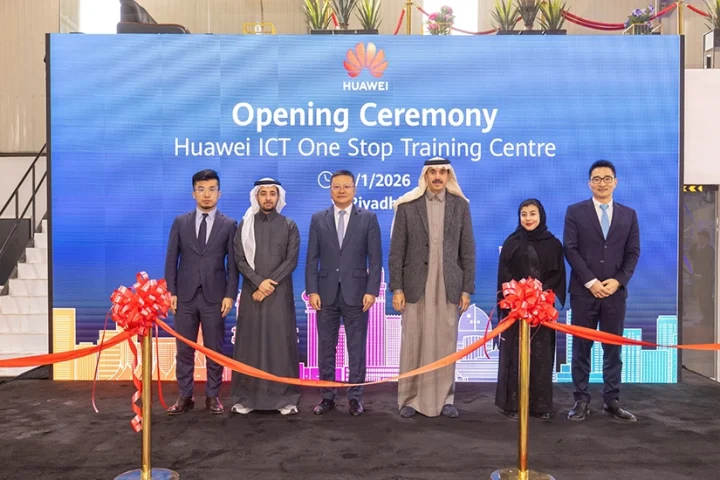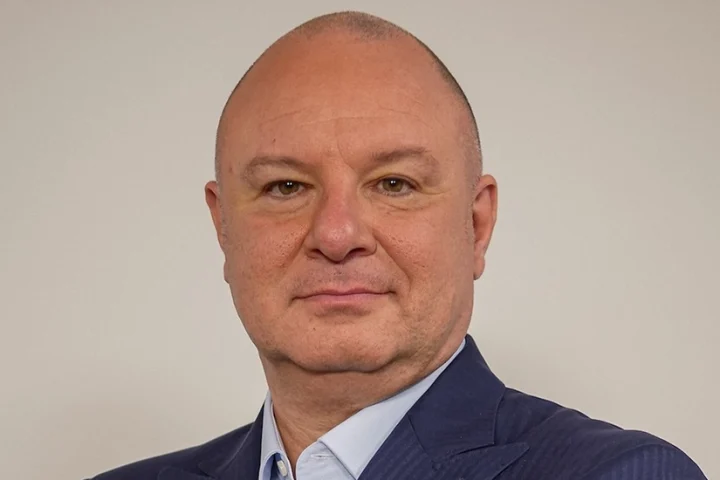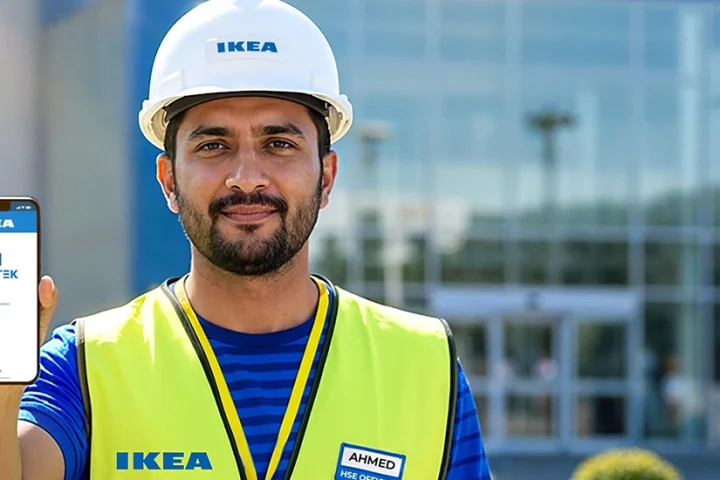At the IFS Industrial X Unleashed event in New York City earlier this month, we sat down with Kriti Sharma, CEO of IFS Nexus Black, to discuss the future of industrial AI.
What makes Nexus Black different from other industrial AI solutions?
With the advancements in AI, we can now solve industrial problems in ways that were never possible before. And that is exactly what Nexus Black is about. We tackle the hardest challenges: eliminating the risk of human error in air safety so every flight feels safe, preventing factories from losing millions in production downtime, and modernizing energy grids that are stretched to their limits.
IFS has decades of industry expertise. We bring this full force of industry knowledge together and combine it with world-class AI technologists, and then we get to work. Nexus Black builds products right beside our customers on the ground, and we do it in days and weeks, not years. We integrate across the platforms our customers already use. And when data is scattered across systems, which is the reality in most industrial environments, we stitch it together and solve the hard problems.
The founding story of Nexus Black is very similar to IFS’s own beginnings. In 1983, the founders of IFS pitched a tent on the site of their first customer and stayed there until the job was done. We adopted that same spirit.
What customer challenges is Nexus Black aiming to solve? Where do you see the biggest gaps in the industrial AI landscape?
There are many, across almost every industrial sector. Take manufacturing, for example: companies struggle with production planning in highly dynamic environments, throughput pressures, aging infrastructure, and, perhaps the most concerning, an aging workforce. Experienced operators who can diagnose an issue just by listening to a machine are retiring, and newer teams don’t yet have that intuitive knowledge. These are deep, structural challenges.
You promise outcomes in weeks, not months. What makes this kind of acceleration possible?
And yes, we deliver outcomes in weeks, not months. That acceleration is possible because we combine the most advanced AI technologies with repeatable processes and a very hands-on approach. Being physically at the customer site helps us understand real problems, unpack real business value, and build solutions that generate real impact.
How hands-on is your engagement? Do you work directly with engineering teams and operators?
We work with engineering teams, operators, technicians – the people who live the problem every day. That’s the only way to build AI that works in real industrial context.
Can you walk us through the Nexus Black framework?
Honestly, I wouldn’t get too hung up on the phases. What matters is we go on the ground and we build new products. We deliver them at rapid scale. And we do this with some of the world’s largest industrial brands.
How do you measure success? Beyond ROI, are there other KPIs?
ROI is the KPI. If we don’t deliver measurable value for the investment our clients make, what are we doing? Of course, cultural change and adoption matter – we start with the first use case and then expand. But ROI is central. Always.
Is cultural resistance the biggest barrier to AI adoption?
No, not resistance. What we see more often is the shadow of past failures. Teams have tried AI or digital programs before that didn’t work, so there’s hesitation. But once they see value, excitement replaces skepticism. We see action, not resistance.
IFS CEO Mark Moffat mentioned in his keynote that most AI today doesn’t operate in context. How do you ensure contextual intelligence?
By being on the ground. We observe real operations, real constraints, real workflows. We don’t build technology for technology’s sake, we build for real problems.
Where does Nexus Black fit into the broader IFS AI strategy?
We come in when the problems are big; strategic challenges that require deep, high-value solutions. We’re not focused on small automation use cases. We build for scale and for impact.
Where do your customers typically struggle – problem definition, proof of value, data, or offline continuity?
There are still some legacy data challenges, and not every organisation has the level of infrastructure maturity they need yet, but that is changing quickly. At times, the pace of technology can also move faster than change-management processes can absorb. But honestly, our model is very different from traditional approaches. We don’t need to push adoption; the demand is coming from the customers themselves.
Our value proposition resonates because we work in true proximity with them. We stay on the ground until the job is done. They care about that. And we bring a rare combination of deep technical expertise and a strong focus on real business outcomes. That combination simply works.
Industrial AI demands accuracy and reliability. How do you avoid hallucinations?
Hallucinations were a 2022 problem. Are models perfect? No. But we’ve seen massive progress, especially with reasoning models, source citations, and explainability. We’re operating in a very different environment today.
How will the partnership with Anthropic integrate into the IFS portfolio?
Across the board, wherever the opportunity is greatest. First, it goes into field service and asset maintenance. But we’re already extending it to aviation compliance, utilities, disaster response, and more. Asset maintenance is the most mature, but the potential spans the entire portfolio.
Do you see industrial operations moving toward agentic or autonomous systems?
We already see agents everywhere. Technologically, autonomy is possible. But adoption is a dial, not a switch. The limiting factor isn’t technology, it’s human acceptance. Going straight to full autonomy can feel scary for customers. We increase autonomy gradually, where it makes sense.
How will partnerships with Boston Dynamics and 1X Technologies be used in customer operations?
It’s about using the right tool for the right job. Many of our clients already deploy robots or physical automation. These systems generate enormous data, and that’s where we come in. With our expanded partnerships, we can solve a broader range of problems than ever before.
What opportunities do you see in the Middle East, particularly in energy and utilities?
My team and I are spending a significant amount of time in the region right now. The challenges there are very different from what we see elsewhere. If you look at the grid and infrastructure in the US, for example, much of it is aging. In the Middle East, there isn’t the same legacy burden – the question is not how to fix old systems, but how to build new ones right from the start.
This is where our model works exceptionally well.When you’re deploying brand-new transmission or distribution lines, the strategic questions are different. It becomes about making the right investment decisions upfront, not just about maintaining or upgrading what already exists.
There is also a cultural difference we’ve observed. In many Western markets, the instinct is to start small, pilot quickly, and iterate fast. In the Middle East, we see far more deliberation and thoughtful planning at the beginning, but once they decide to move, they move decisively and at scale.
How will the Anthropic partnership enable next-gen autonomous field service operations?
We’re starting by building tools specifically for frontline service teams. With AI, it becomes far easier to run diagnostics using audio, video, vibration data, sound pressure, torque measurements, and other sensor inputs. The system can rapidly analyse those signals to pinpoint issues with high accuracy.
We’re also applying AI to long-range planning, tasks that were extremely difficult or even impossible to perform without this technology. And we’re pushing the boundaries of what these models can do, adapting them to perform highly specialised industrial functions that weren’t achievable before.
Is every Nexus Black engagement bespoke?
No. We use our underlying technology platforms and tailor them to the customer’s context. Because we’re on the ground, we can build fast. It’s not bespoke consultancy; it’s productised innovation with contextual adaptation.


